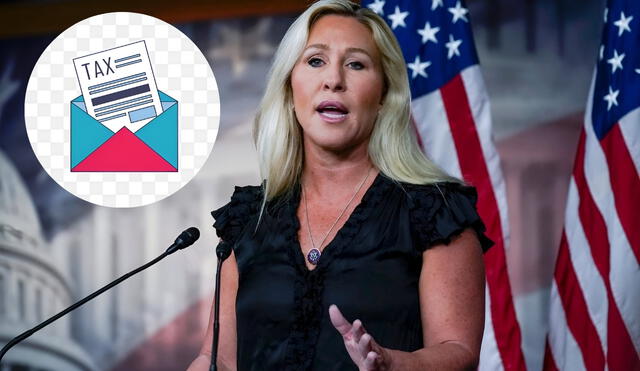Marjorie Taylor Greene faces backlash for voting on Trump’s Tax Bill without reading AI provision
Marjorie Taylor Greene causes outrage after admitting she cast her vote for Trump's Tax Bill without realizing it contained a broad AI regulation that reduces state control by ten years, breeding suspicion about transparency and accountability in Congress.

Republican Georgia Rep. Marjorie Taylor Greene is facing criticism after admitting she hadn't read the "One Big Beautiful Bill" (OBBB) before voting in favor of it. In a post on X, she admitted she was unaware of a clause that would ban states from regulating artificial intelligence (AI) for ten years. Greene said that had she known about the provision, she would have voted against the bill. The provision, on pages 278-279, prohibits state and local governments from adopting rules governing AI systems such as facial recognition and automated decision-making systems.
Greene's admission prompted outraged reaction from Democrats. Representative Eric Swalwell took to Twitter with, "You have a job. Read. The. Damn. Bill." Ted Lieu, also a Democrat, indicated that he voted no on the bill because he knew in advance about the AI provision. Mark Pocan was even more blunt, saying Greene should "read the damn bill instead of voting for it like a circus monkey." These responses show frustration at an apparent failure to take the time to read important legislation prior to voting.
Elon Musk criticizes $2.5 trillion OBBB Bill and AI regulation ban
Trump ally and entrepreneur Elon Musk called the OBBB a "repugnant abomination" on X. He condemned the massive $2.5 trillion spending and its likely impact on the budget deficit. Musk also pointed out that the bill helps the wealthy and includes cuts to essential social programs like Medicaid and food assistance. His stance adds additional pressure to Republicans, who are already divided over the bill's contents and implications.
The AI portion was added just two nights before the bill was reviewed, and its addition has been speculated to be rushed. It prevents the state and local governments from passing or implementing regulations on AI systems for ten years, unless the laws would hinder AI implementation. This includes technologies like facial recognition and automated tools used in hiring, housing, and public benefits. The states which have put protections into place could see such laws rolled back if the bill passes the Senate.
Republicans admit Bill oversights as Senate debates AI regulation and State rights
Greene's lack of knowledge is not unique. Republican Mike Flood of Nebraska also admitted to being unaware of a provision restricting federal judges' power to enforce contempt orders. His admission at a town hall meeting was met with boos, a sign of public frustration with lawmakers' inattention to legislative detail. These incidents point to the imperative necessity of close bill reading before voting.

Elon Musk criticizes the massive Congressional spending bill as a "disgusting abomination," calling out lawmakers for supporting what he views as irresponsible and wasteful legislation. Photo: Elon Musk X account
The Senate can now debate and possibly amend the OBBB. Greene has called for the removal of the AI provision, as it is impossible to project ten years into the future of technology. Her argument is grounded in state autonomy issues and adaptation to new technology. However, the bill faces stiff opposition from Democrats and also from fiscally conservative Republicans, so passage in the Senate is uncertain.













